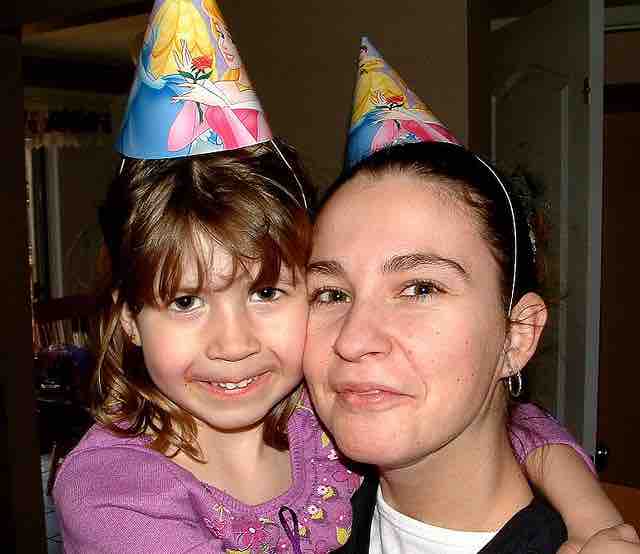The sociology of emotions applies sociological theorems and techniques to the study of human emotions. As sociology emerged, primarily as a reaction to the negative affects of modernity, many normative theories deal in some sense with "emotion" without forming a part of any specific subdiscipline: Marx described capitalism as detrimental to personal "species-being," Simmel wrote of the deindividualizing tendencies of "the metropolis," and Weber's work dealt with the rationalizing effect of modernity in general.
Emotions operate on both micro and macro levels. On the micro level, social roles, norms, and feeling rules structure's everyday social interactions. On a macro level, these same emotional processes structure social institutions, discourses, and ideologies. We try to regulate our emotions to fit in with the norms of the situation, based on many, and sometimes conflicting demands upon us. Systematic observations of group interaction found that a substantial portion of group activity is devoted to the socio-emotional issues of expressing affect and dealing with tension. Simultaneously, field studies of social attraction in groups revealed that feelings of individuals about each other collate into social networks, a discovery that still is being explored in the field of social network analysis.
Ethnomethodology revealed emotional commitments to everyday norms through purposeful breaching of the norms. In one study, a sociologist sent his students home and instructed them to act as guests rather than family members. Students reported others' astonishment, bewilderment, shock, anxiety, embarrassment, and ange and family members accused the students of being mean, inconsiderate, selfish, nasty, or impolite.
Important theories and theoreticians relating to the sociology of emotion include:
- T. David Kemper: He proposed that people in social interaction have positions on two relational dimensions: status and power. Emotions emerge as interpersonal events, change or maintain individuals' status and power.
- Arlie Hochschild: She proposed that individuals manage their feelings to produce acceptable displays according to ideological and cultural standards.
- Peggy Thoits: She divided emotion management techniques into implementation of new events and reinterpretation of past events. Thoits noted that emotions also can be managed with drugs, by performing faux gestures and facial expressions, or by cognitive reclassifications of one's feelings.
- Thomas J. Scheff: He established that many cases of social conflict are based on a destructive and often escalating, but stoppable and reversible shame-rage cycle–when someone results or feels shamed by another, their social bond comes under stress.
- Randall Collins: He stated that emotional energy is the main motivating force in social life, for love and hatred, investing, working or consuming, and rendering cult or waging war.
- David R. Heise. He developed the Affect Control Theory, which proposes that social actions are designed by their agents to create impressions that befit sentiments reigning in a situation.
For more information on emotions, watch this video:

Social Significance of Emotion
The sociology of emotion suggests that individual emotional reactions, such as this girl's happiness and excitement, impact social interactions and institutions.